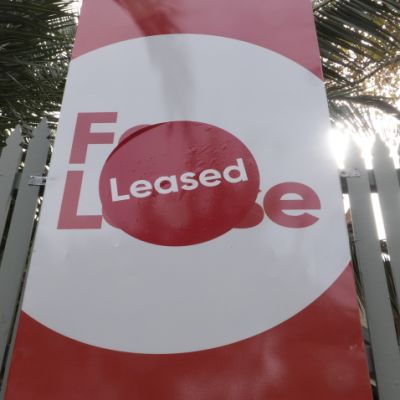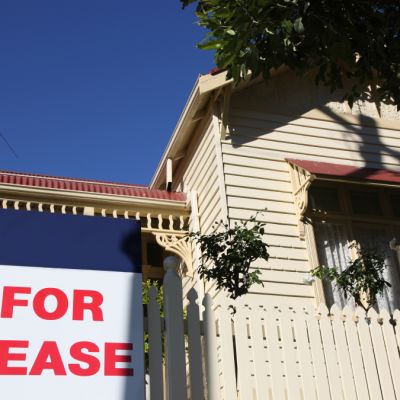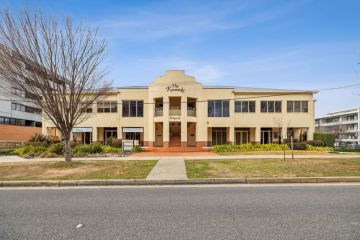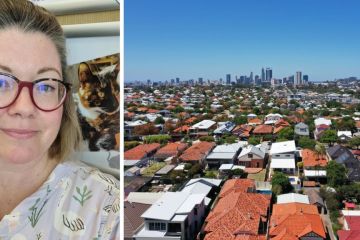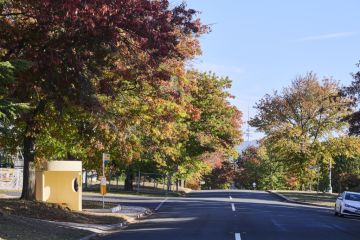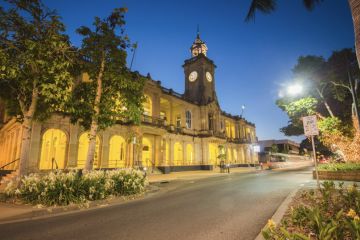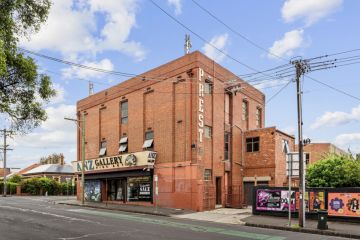Sydney, Melbourne landlords counting the cost of international student losses
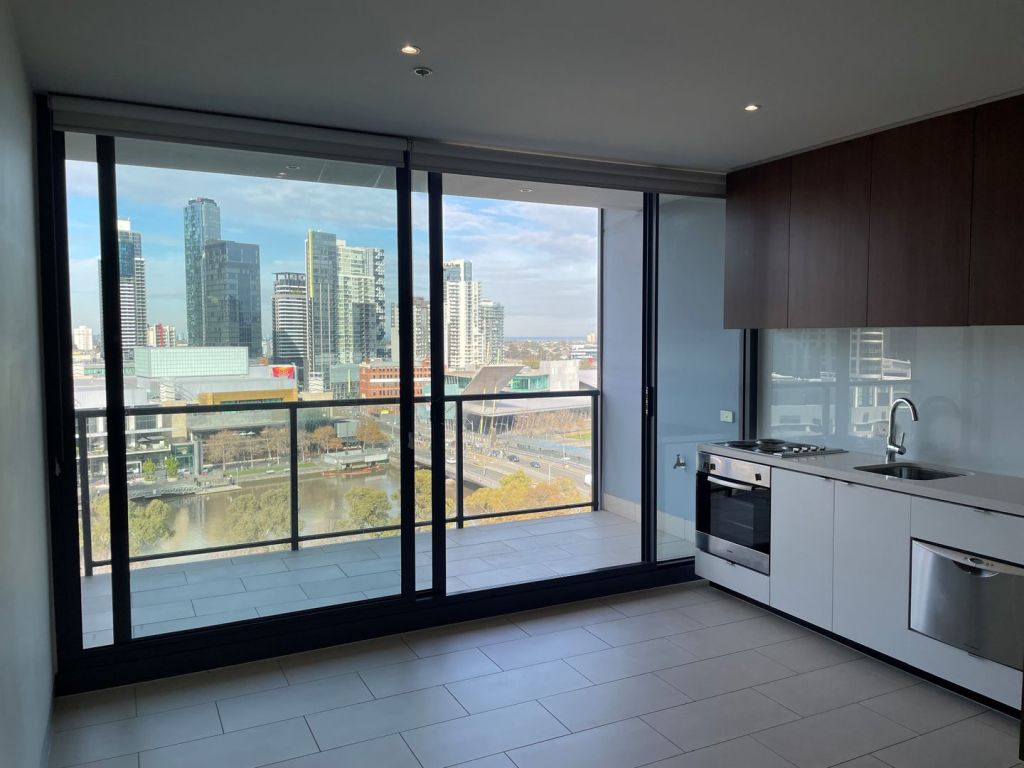
Landlords in Sydney and Melbourne who rely heavily on international students are asking up to 10 per cent less for rent than they were a year ago just to keep their properties occupied.
Despite Sydney avoiding any city-wide lockdowns since May last year, Chinese international real estate website Juwai.com says the average asking price for units in the city’s inner west, which is popular with international students, has fallen by 9.8 per cent over the past 12 months.
Meanwhile, rents in the area are down 8.8 per cent compared to a year ago.
“That works out to an annualised loss of more than $2200 per landlord,” said Juwai co-founder and group executive chairman Georg Chmiel.
In Melbourne’s CBD, where vacancy rates stood at 8 per cent in May – down from a high of 10.8 per cent in September last year – the asking price for units is now 8.1 per cent less than this time a year ago, just weeks before Melbourne entered its second lockdown.
Meanwhile, rents have plummeted a shocking 20.1 per cent in Melbourne’s CBD over the past year, a drop Mr Chmiel estimates to be worth “nearly $5000 a year” in lost rent per landlord.
Christine Cheung from Loyalventure Property in the Docklands estimates “around 20 per cent” of the rental properties she has on her books, mostly in the CBD, are sitting empty.
“We still have a lot of vacancies. We have inspections, and nobody comes because most of the properties would normally be occupied by international students,” she says.
She says many landlords have had to slash their rents just to attract tenants, and even then, they don’t always find anyone.
“We were getting a little bit more interest at some of our inspections, but then with this latest lockdown, it has been quieter again this week.”
Ms Cheung says most landlords have opted to sit tight and wait for international borders to reopen rather than sell at a loss.
“The price is too low to sell, and even if they wanted to sell, no one wants to buy a CBD apartment at the moment. There are too many negative comments, and vacancies are too high,” she says.
With international borders likely to be closed at least until next year, Mr Chmiel says, “the situation will probably get worse before it gets better”.
“By July of next year, the number of international students living in Australia will likely have fallen by more than two thirds, from about 500,000 in April 2020 to only about 165,000,” he says.
“More than 335,000 students who would have been living in some sort of housing here in Australia will probably be missing.”
Mr Chmiel says Sydney and Melbourne, which have traditionally attracted more international students than other capital cities, will be impacted the most.
“Sydney and Melbourne are hurting more because they had the most to lose. The big east coast cities have always attracted more international students than any other part of Australia,” he said.
Despite the grim predictions, Mr Chmiel advises landlords against selling out and even says there are opportunities for “brave investors”.
“These assets have depressed values now, so it’s a poor time to sell,” he says.
“They are likely to gain value again relatively quickly as the student population rebuilds after travel restarts. This is a good market for investors who are brave enough to buy while prices are down.”
We recommend
We thought you might like
States
Capital Cities
Capital Cities - Rentals
Popular Areas
Allhomes
More
